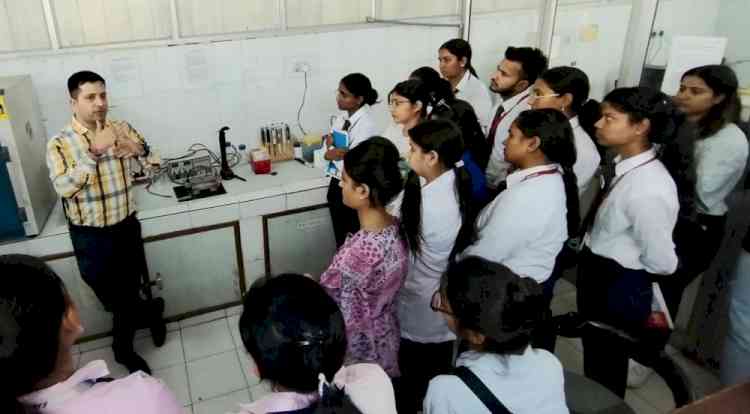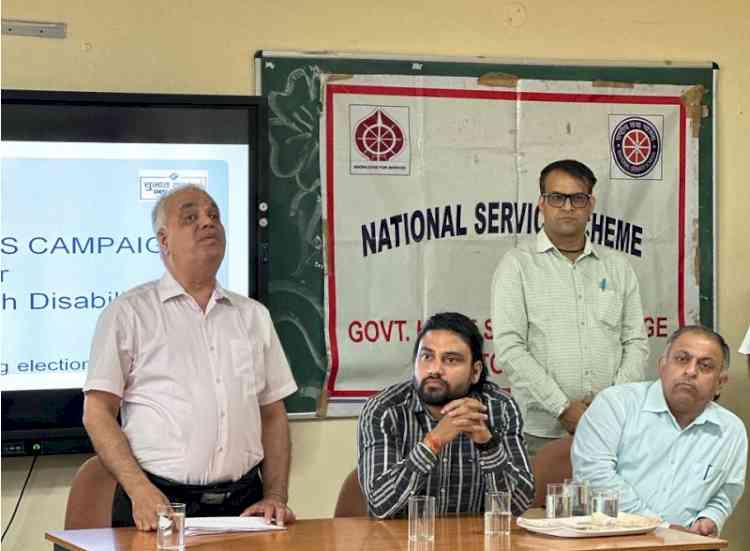Non-compliance to post-transplant medicines puts patients at seven times higher risk of organ rejection and failure
Author(s): City Air NewsDoctors and caregivers must ensure that patients complete immunosuppressive therapy course to prevent transplant complications, says Dr.Rahul Kohli Ludhiana, August 9, 2018: At a press meeting held at Ludhiana earlier...


Doctors and caregivers must ensure that patients complete immunosuppressive therapy course to prevent transplant complications, says Dr.Rahul Kohli
Ludhiana, August 9, 2018: At a press meeting held at Ludhiana earlier today, Dr. Rahul Kohli, a leading Nephrologists in the country, spoke about the urgent need to ensure that patients complied with the full course of post-transplant medication, to reduce the chances of organ rejection and its complications. He explained that there were many factors that prevented or interfered with patient adherence to post-transplant medicines. These included poor financial status, medication side effects, complex treatment regimens, patient attitudes and beliefs concerning health, and the presence of other medical conditions such as depression and anxiety.
Post-transplant medicines are immuno suppressants that serve to ensure that the body does not reject the transplanted organ. Proper adherence to these drugs allows the transplanted organ to remain healthy and free from damage, helping the body ‘accept’ the newly transplanted organ.
Dr. Rahul Kohli said, “In most cases, transplantation is the last resort in addressing organ failure and is considered life-saving therapy. Patients need to be told that post-transplant medicines have a critical role to play in their full recovery and to ensure a successful transplantation. As doctors, we must be vigilant and encourage patients to complete the full course of the prescribed immuno suppressants.”
Dr. Rahul Kohli further added, “Discontinuing immunosuppressive medicines or taking them incorrectly could lead to severe damage to the organ and its surrounding tissues, requiring the organ to be removed. As a transplant specialist, I would like to stress that is it very important for patients to take their post-transplant immunosuppressive medicines as prescribed by their medical team.”
Immunosuppressive drugs are prescribed to prevent the rejection of transplanted organs and tissues; to treat autoimmune diseases or diseases that are most likely of autoimmune origin; and to treat certain non-autoimmune inflammatory diseases or allergies. Experts believe that improving patient adherence to these drugs may have a far greater impact on the long-term outcome of transplants than by making specific improvements in or upgrading of medical treatments.

 cityairnews
cityairnews 
















